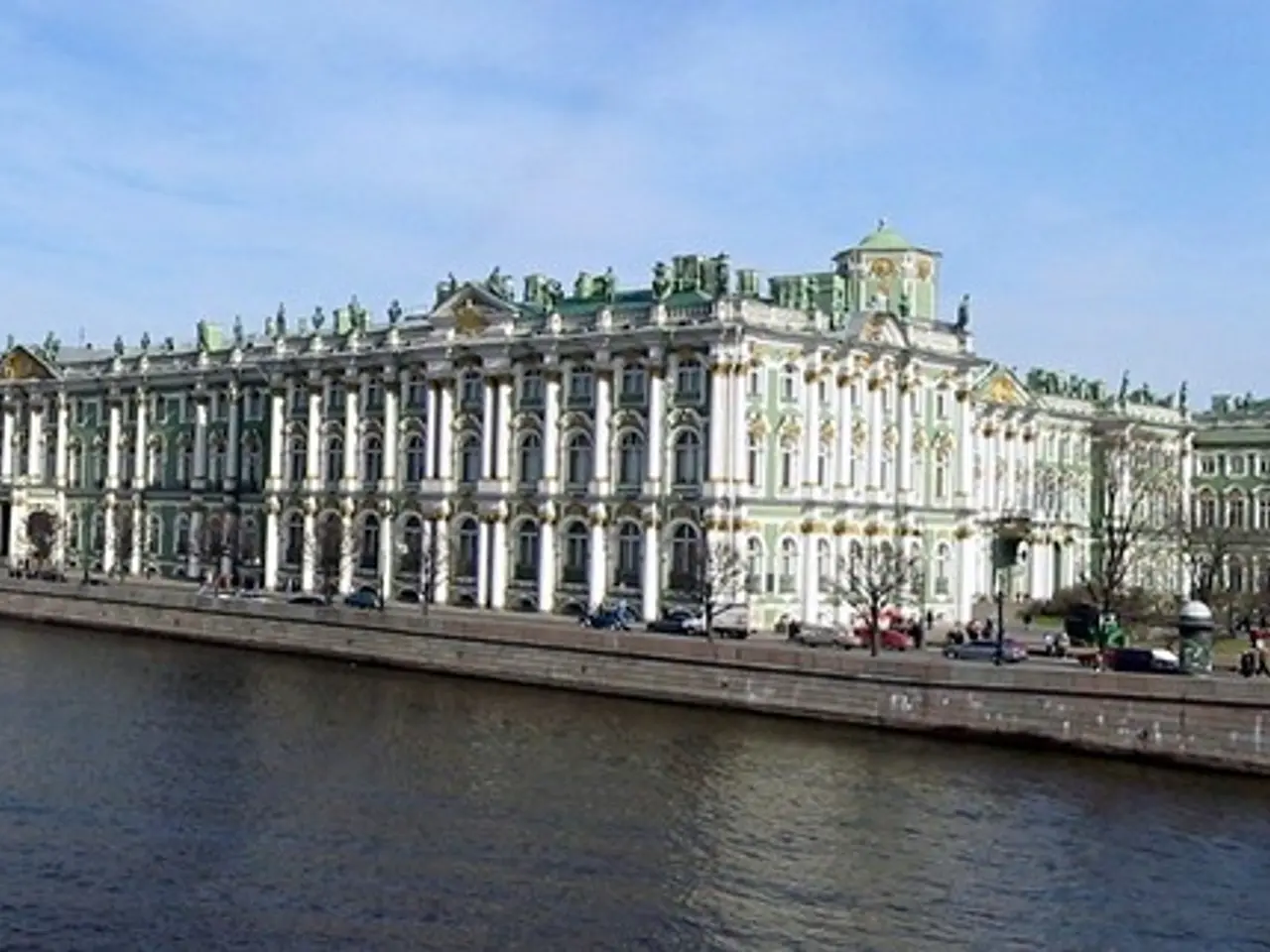Tactics Israel Adopts in Syria Face Imminent Collapse
In Syria, President al-Sharaa's success in de-radicalizing Idlib has demonstrated the potential for hearts-and-minds approaches to counter extremism. However, Israel's current strategy, focused on military engagement and territorial seizures, risks undermining these efforts.
Israel's approach, characterised by airstrikes on Syrian government and Iranian-linked targets, as well as the seizure of strategic areas, has been met with international concern. By weakening the central government and empowering local militias, Israel's strategy risks creating a more divided and unstable environment, potentially leading to the resurgence of extremist groups like ISIS and al-Qaeda.
Moreover, Israel's unilateral military actions may undermine broader international counterterrorism efforts. The U.S. and other partners are moving towards a more nuanced approach, including lifting certain sanctions and considering the delisting of groups for possible engagement in stabilization and counterterrorism. If Israel remains outside this process, it could complicate multilateral de-radicalization initiatives and reduce the potential for coordinated action against remaining terrorist threats.
Israel's strategy also poses potential risks to regional security. The ongoing instability in Syria, exacerbated by Israeli interventions, may lead to prolonged conflict and humanitarian crises, both of which are known drivers of radicalization. Without a credible path to reconciliation and reconstruction, Syria could remain a hub for transnational terrorism, affecting not only Israel but the broader region and international community.
Furthermore, Israel's approach could have significant implications for Iran and Hezbollah. By targeting Iranian-linked infrastructure, Israel aims to degrade Tehran’s ability to supply weapons to Hezbollah via Syria. However, if these efforts fail to fully dismantle Iran’s networks, or if Turkey fills the resulting power vacuum, Israel could face new security challenges, possibly including a resurgence of Hezbollah’s capabilities.
In conclusion, Israel's current approach in Syria, despite speaking of peace, risks contributing to deeper conflict and security challenges. A shift towards genuine peace, addressing underlying grievances that fuel extremism, may offer a more sustainable path to security and stability in the region. The UAE president's upcoming visit to Turkey for the first High-Level Strategic Council talks underscores the importance of regional cooperation in addressing these complex issues. Israel faces a critical choice: continue destabilizing Syria or pivot towards a more constructive approach that aligns with international efforts and fosters a more peaceful and secure future for all.
- The Israeli approach, characterized by airstrikes on Syrian government and Iranian-linked targets, as well as the seizure of strategic areas, has drawn criticism in the general news, particularly the Turkish media, as it may potentially destabilize Turkey's neighbor, Syria.
- The Turkish government, concerned with the spillover effects of the ongoing war-and-conflicts in Syria, might find Israel's strategies unsettling, given the possible resurgence of extremist groups like ISIS and al-Qaeda in a more divided and unstable environment.
- The Turkish Lira, sensitive to regional politics and global security challenges, may be affected if Israel's military actions escalate the crisis in Syria, resulting in a humanitarian crisis that could negatively impact Turkey's economy.
- As Turkey seeks to further its influence in the region amidst the shifting landscapes of Middle Eastern politics, Israel's divergent military strategy in Syria could potentially jeopardize the balance of power, strengthening Hezbollah's position under Iran's patronage, thereby triggering new conflicts and turkish concerns.








